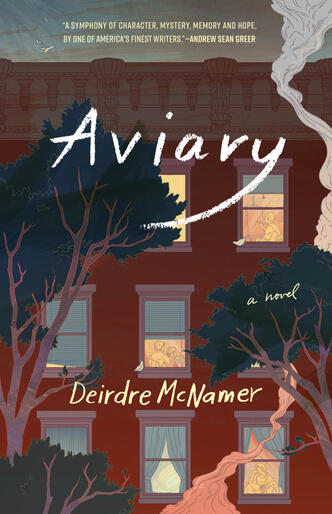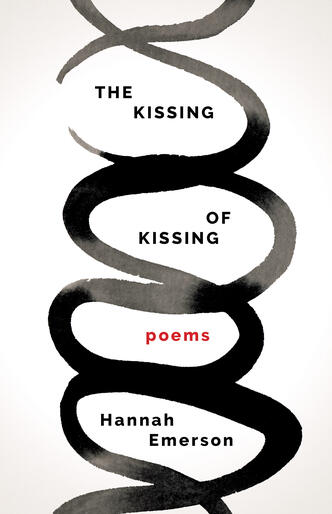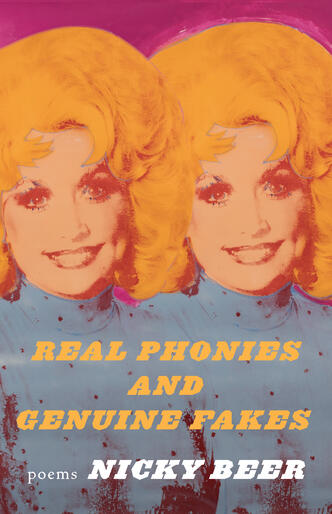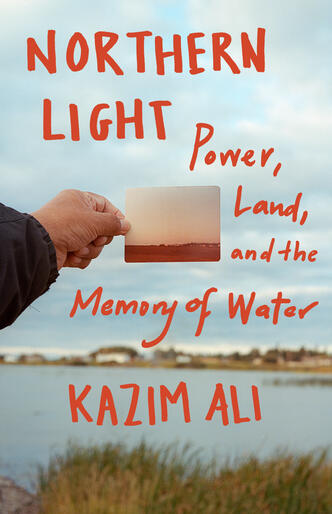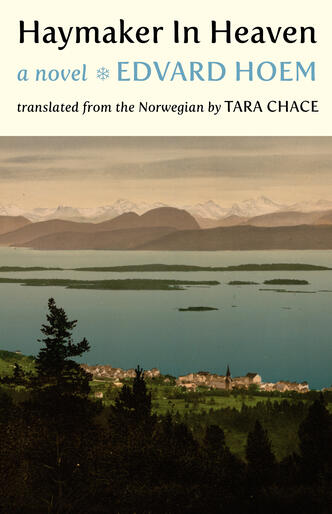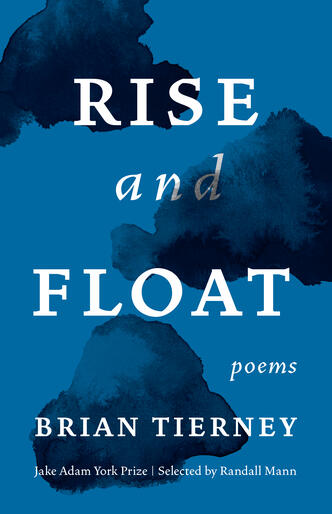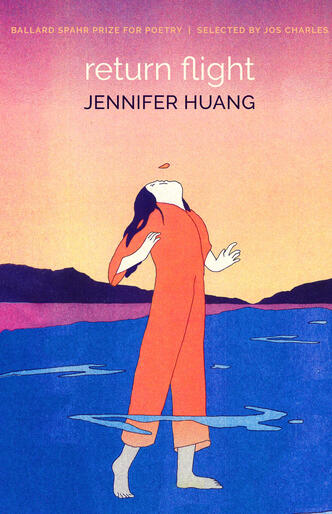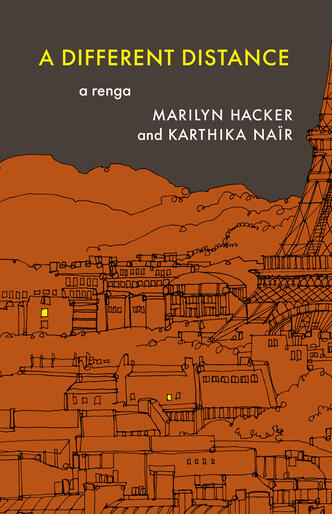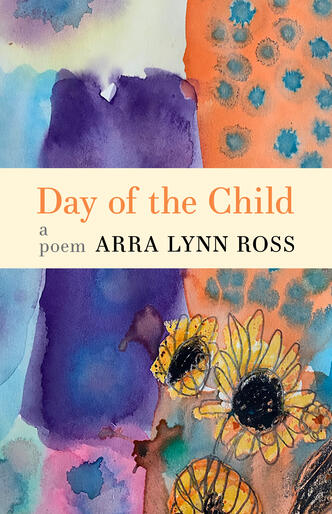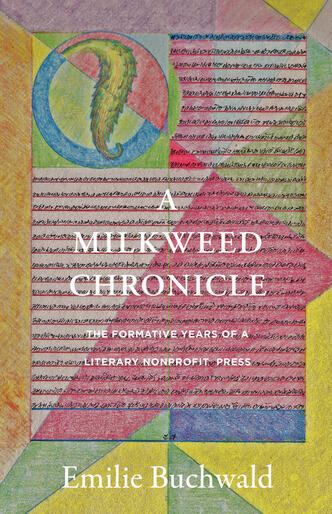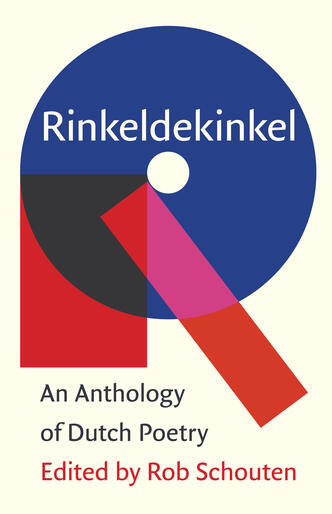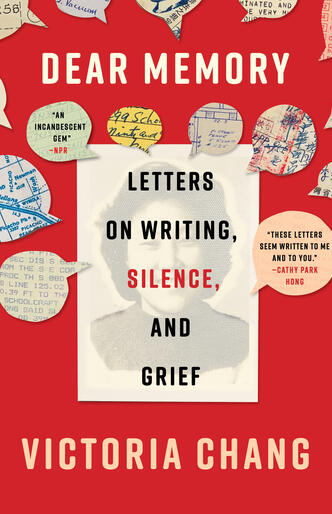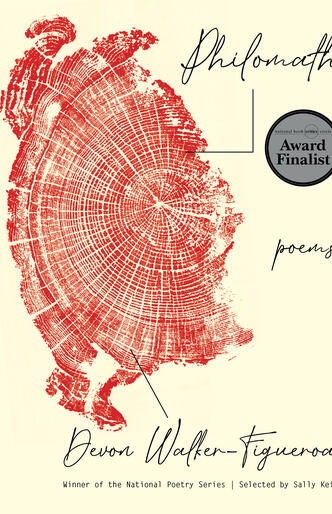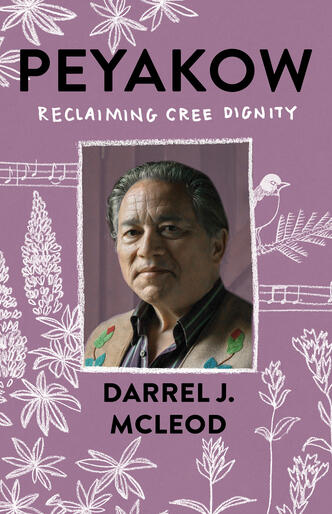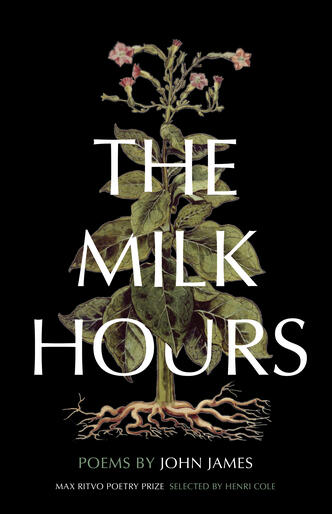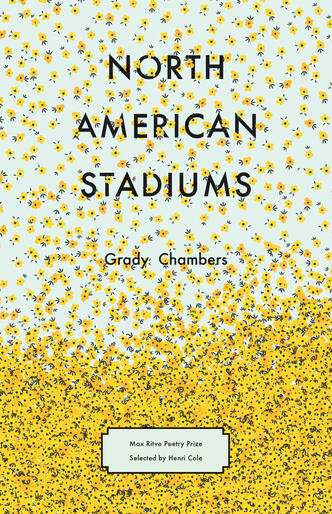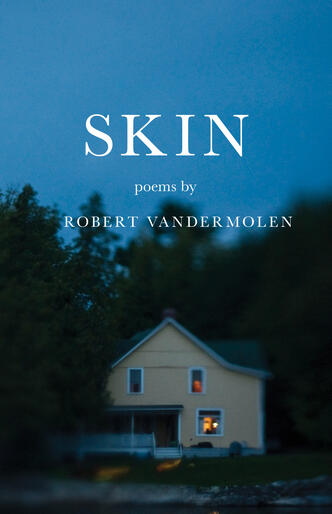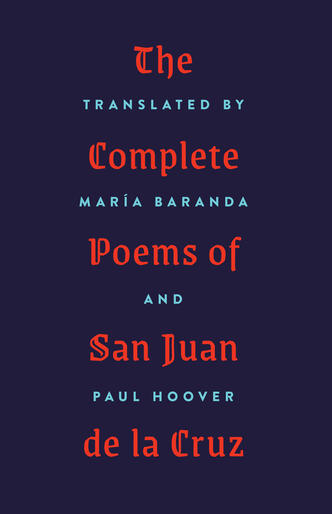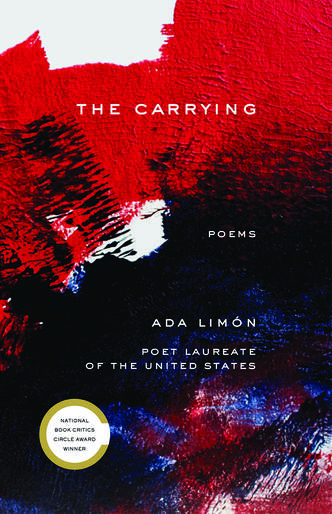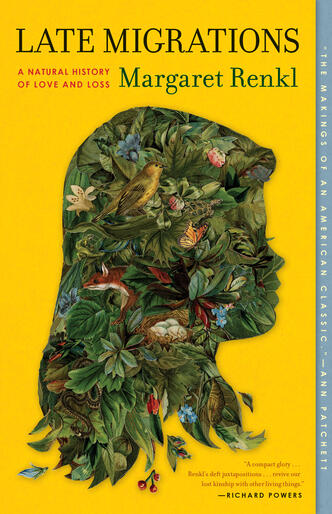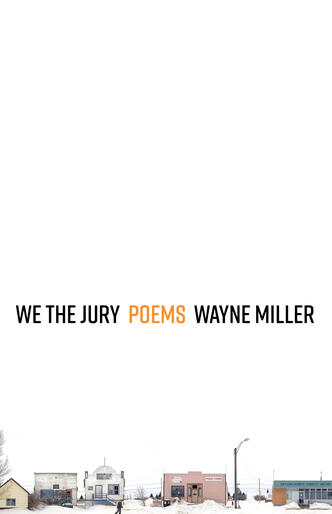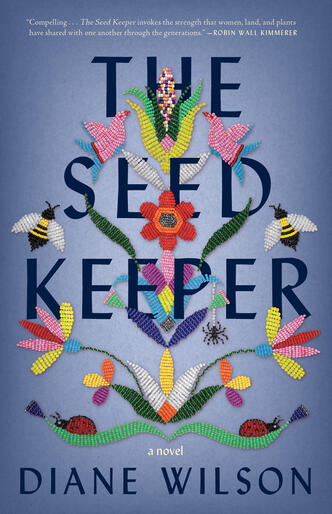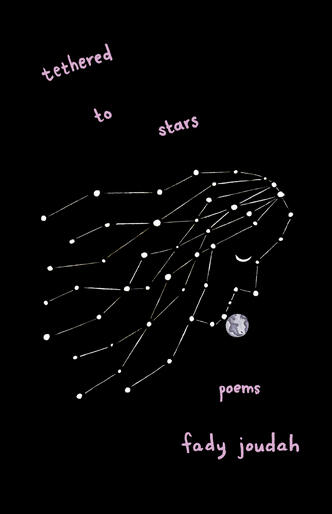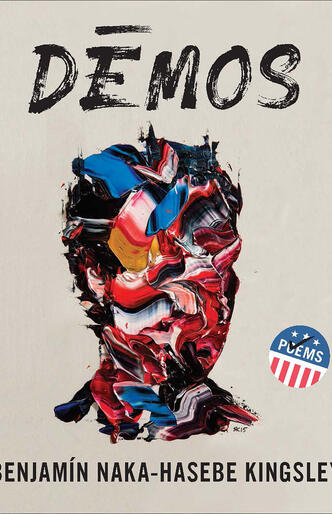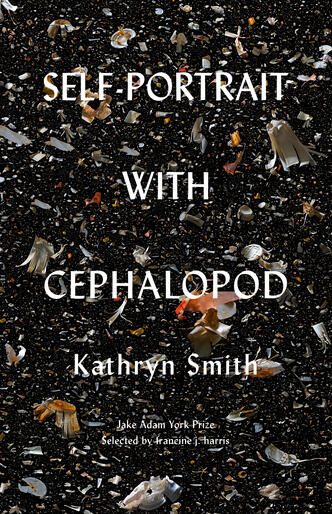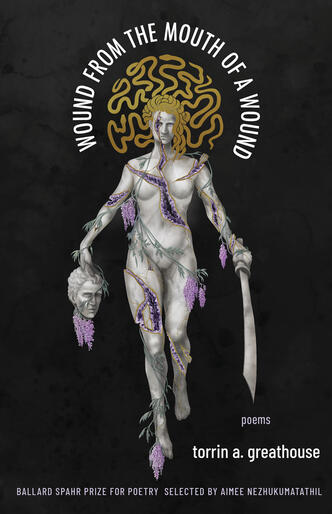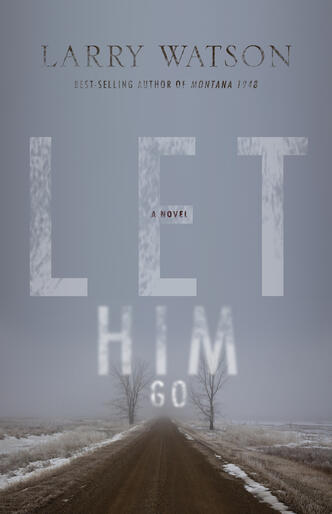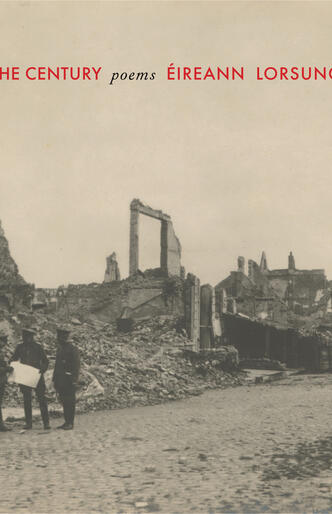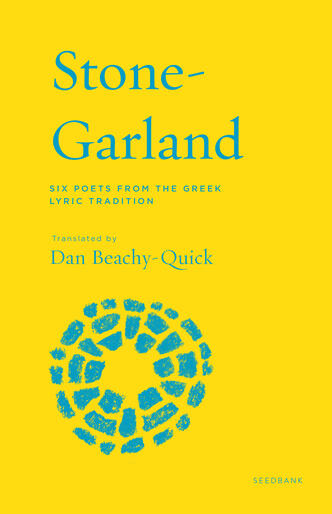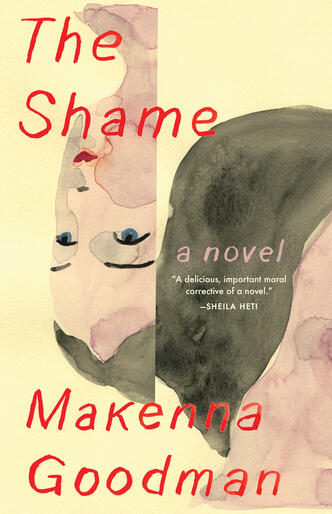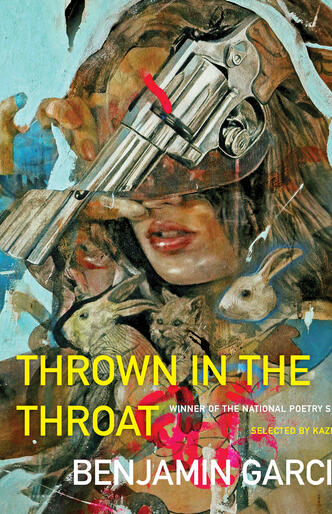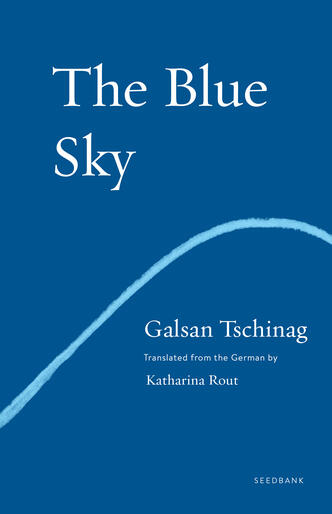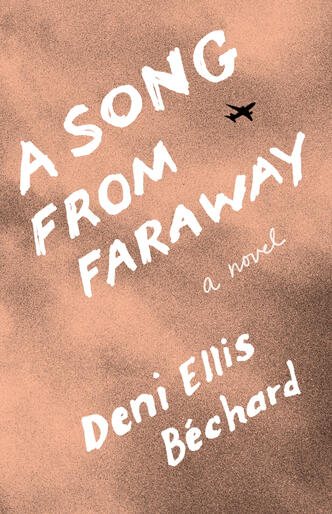Our Books
402 Titles
From Deirdre McNamer, a masterful exploration of the rich and hidden facets of human character, as illuminated by the mysterious connections among the residents of a senior residence in Montana.
In this remarkable debut, which marks the beginning of Multiverse—a literary series written and curated by the neurodivergent—Hannah Emerson’s poems keep, dream, bring, please, grownd, sing, kiss, and listen.
What is illusion—a deception, or a revelation? What is a poem—the truth, or “a diverting flash, / a mirror showing everything / but itself”?
In building relationships with his former neighbors, Ali explores questions of land and power―and in remembering a lost connection to this place, finally finds a home he might belong to.
From one of Norway’s leading writers, translated into English for the very first time, comes a transatlantic novel of dreams, sacrifice, and transformation set at the turn of the twentieth century.
Chosen by Randall Mann as a winner of the Jake Adam York Prize, Rise and Float depicts the journey of a poet working—remarkably, miraculously—to make our most profound, private wounds visible on the page.
Selected by Jos Charles as the winner of the Ballard Spahr Prize for Poetry, Return Flight is a lush reckoning: with inheritance, with body, with trauma, with desire—and with the many tendons in between.
Poets and friends Marilyn Hacker and Karthika Naïr—living mere miles from each other but separated by lockdown, and inspired by this extraordinary time—began a correspondence in verse.
From Arra Lynn Ross, a tender, generous, and generative extended poem centered on the experience of parenthood.
The formative years of Milkweed Editions – a story told by its cofounder. In the 1970s and ‘80s, as major New York publishing houses were consolidating and growing ever larger, small nonprofit presses and journals emerged.
A collection that explores the myth of Echo and Narcissus, offering a reboot, a remix, a reimagining—and holding up the broken mirror of myth to late-stage capitalism, social media, and our present-day selves.
A bold, engaged new anthology spotlighting the work of contemporary Dutch poets influenced by international cultural exchange and linguistic invention.
Selected by Sally Keith as a winner of the National Poetry Series, this debut collection is a ruminative catalogue of overgrowth and the places that haunt us.
Following his award-winning debut memoir, Mamaskatch, which masterfully portrayed a Cree coming-of-age in rural Canada, Darrel J. McLeod continues the poignant story of his adulthood.
This winner of the Max Ritvo Poetry Prize is an elegant debut that searches widely to ask what it means to exist in a state of loss.
The winner of the inaugural Max Ritvo Poetry Prize is an assured debut collection about grace—the places we search for it, and the disjunction between what we seek and where we arrive.
The first collection in over a decade from a master of his craft, Skin reflects earnestly on the miraculous moments found in the daily experiences of human life.
From celebrated contemporary poets María Baranda and Paul Hoover, an exciting collaborative translation of the canonical poems of San Juan de la Cruz.
From U.S. Poet Laureate Ada Limón comes The Carrying—her most powerful collection yet.
From Margaret Renkl comes an unusual, captivating portrait of a family—and of the cycles of joy and grief that inscribe human lives within the natural world.
A boy asks his father what it means to die; a poet wonders whether we can truly know another’s thoughts; a man tries to understand how extreme violence and grace can occupy the same space. These are the questions tackled in these poems.
A haunting novel spanning several generations, following a Dakota family’s struggle to preserve their way of life and their sacrifices to protect what matters most.
From Fady Joudah, an elegant collection of poems that shifts deftly between the microscope, the telescope, and the horoscope.
From the intersection of Onondaga, Japanese, Cuban, and Appalachian cultures, this collection arrives brimming with personal and political histories.
Environmental collapse. The betrayals and alliances of the animal world. The celebrities in our feeds, the stories we tell ourselves.
Concrete and evocative, Wound from the Mouth of a Wound is a testament to persistence, even when the body is not allowed to thrive.
Now a Major Motion Picture from Focus Features, Starring Kevin Costner and Diane Lane
A meticulously detailed catalogue of ordinary people performing acts of extraordinary violence, The Century charts an awakening to structures of dominance and violence.
Drawing on her life as an indigenous scientist, a mother, and a woman, Robin Wall Kimmerer shows how other living beings offer us gifts and lessons.
Spare, earthy, lovely, Stone-Garland offers readers of the Seedbank series its lyric blossoms and subtle weave, a walk through a cemetery that is also a garden.
A fable both blistering and surreal, this is a propulsive, funny, and thought-provoking novel about a woman in isolation, whose mind—fueled by capitalism, motherhood, and the search for meaningful art—attempts to betray her.
Thrown in the Throat is a sex-positive incantation that retextures what it is to write a queer life amidst troubled times.
Rooted in the oral traditions of the Tuvan people, the first novel in Galsan Tschinag’s saga—reissued as a Seedbank title—weaves the timeless story of a boy poised on the cusp of manhood with the tale of a people’s vanishing way of life.
Animated throughout by a striking beauty and ferocity, A Song from Faraway pieces together “stories we tell about ourselves,” illuminating the human condition and our times.
